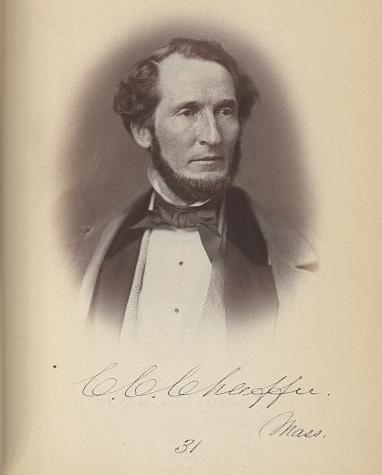My interest in education continued after graduation. When I was a newspaper reporter, I covered primary and secondary schools. School board meetings? Sign me up. Visiting classrooms to see how students were learning and write articles that gave their parents a virtual seat in the classroom. Loved it. And when I worked as an attorney, I specialized in higher education, first assisting colleges with compliance with state and federal regulations, among other things, and then working for a student-loan provider and servicer. I might not be a teacher or professor, but education sure is in my blood.
 |
| "Asps. Very dangerous. You go first." |
Why is Jones so popular? Who wouldn't love a Nazi-hunting, boulder-dodging, snake-hating scholar who travels the world between classes, seeking archeological treasures and fighting bad guys? Quoting William Purdy, a lecturer at the University of California at Los Angeles, the Chronicle said, " 'One of the hard knocks against academics is we’re in an ivory tower and not in touch with the world. He’s a straight response to that criticism.' "
I ditto that. Indeed, the Indiana Jones movies are more action-adventure stories than campus mysteries, but there's crime at the heart of all of these tales, so they fall within my definition of the genre.
That said, there are also a lot of great crime novels set on college campuses. Just a few weeks ago, The Semester of our Discontent by Cynthia Kuhn won the Agatha Award for best first mystery novel published in 2016. Set at a prestigious fictional college, the novel showcases an English professor embroiled in departmental politics and murder. Here are just a few other mysteries involving academics that I've enjoyed:
- The Red Queen's Run by Bourne Morris (more department politics and murder) - the first in a series
- Murder 101 by Maggie Barbieri (a professor is accused of killing her student, which I bet a lot of professors dream about but few would admit to) - the first in a series
- Artifact by Gigi Pandian (a historian described as the female Indiana Jones--the first in a wonderful series, but so far, no Nazis)
- Fifty Mysteries by our own John M. Floyd (fifty short stories involving retired schoolteacher Angela Potts. They're not exactly academic mysteries, but I love Angela Potts, and she used to be a teacher, so I'm listing her.)
- The Harry Potter series by J.K. Rowling. Yes, they're set at a secondary school, but it's a magical school, and they're wonderful, and there sure is mystery in these books, so I count 'em.

"Help will always be given at Hogwarts to those who ask for it."
- Charles Kingsfield from The Paper Chase
- John Keating from Dead Poets Society
- Minerva McGonagall and Albus Dumbledore from the Harry Potter series
And please share your favorite academic mysteries in the comments. I know there are a lot more I could have listed. What academic mystery books/series/stories/movies/TV shows do you love and why?




